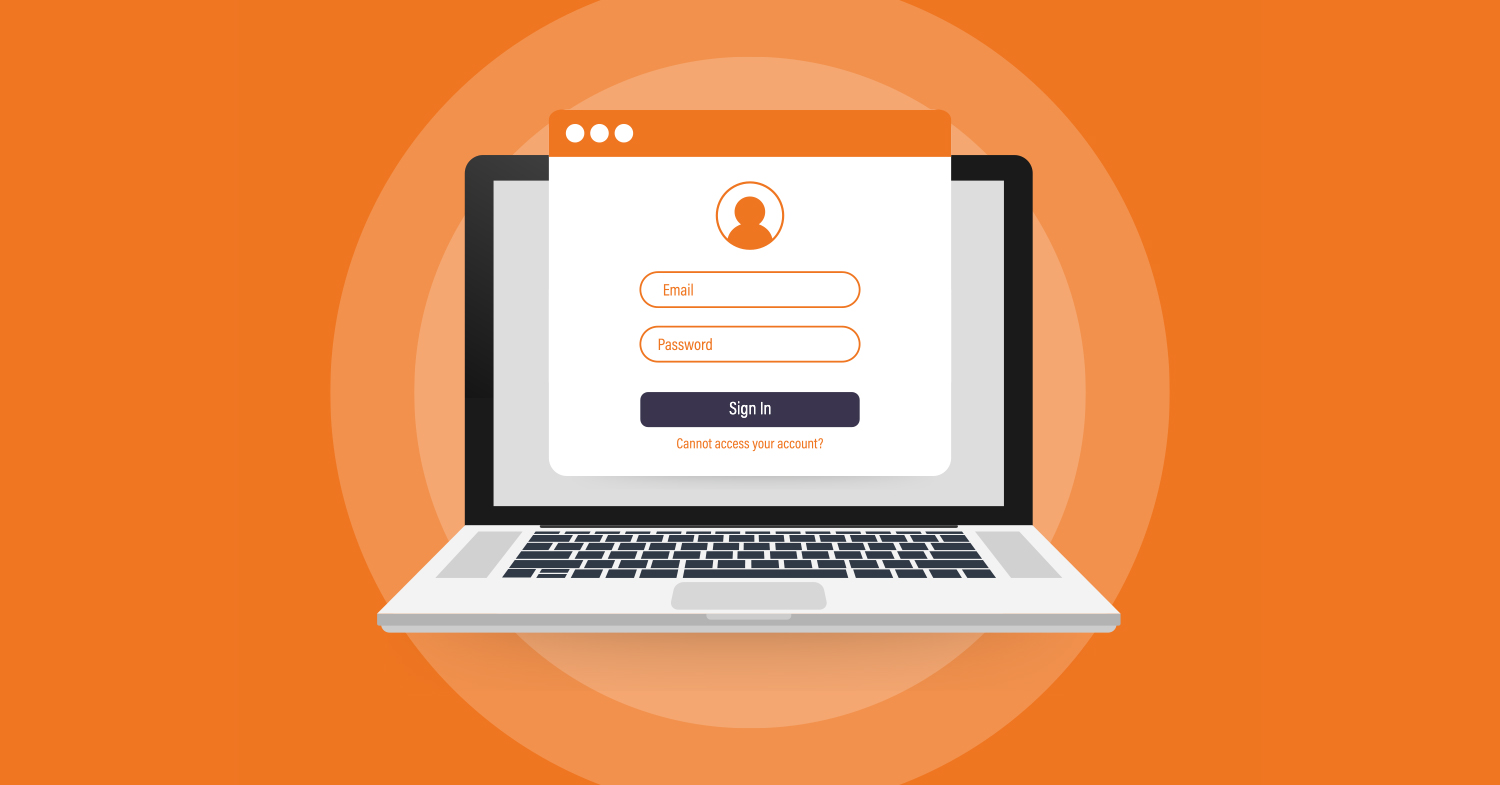From Awareness to Conversion: Building a Cohesive Digital Marketing Strategy
From Awareness to Conversion: Building a Cohesive Digital Marketing Strategy
In today's digital age, businesses need a cohesive digital marketing strategy to compete in the market. A well-thought-out strategy that combines different digital marketing channels can help you attract, engage, and convert your target audience. In this article, we will discuss the importance of building a cohesive digital marketing strategy and provide tips for creating one.
Understanding Your Target Audience

Understanding your target audience is the foundation of a successful digital marketing strategy. By gaining insights into their demographics, interests, preferences, and pain points, you can tailor your messaging and tactics to resonate with your audience. Conducting market research, analyzing customer data, and utilizing tools like customer surveys and social media listening can provide valuable information to build a comprehensive understanding of your target audience.
One benefit of understanding your target audience is the ability to create personalized and relevant content. By identifying the challenges and needs of your audience, you can develop content that addresses their specific pain points and provides valuable solutions. Personalized content helps to establish a connection with your audience, build trust, and increase engagement, ultimately driving conversions and fostering long-term customer relationships.
Moreover, understanding your target audience allows you to select the most effective marketing strategy agency to reach them. Different demographics and customer segments may prefer specific platforms like social media, email marketing, or search engines. By knowing where your audience spends their time online, you can allocate resources efficiently and deliver your messages through the channels that will have the greatest impact.
Understanding your target audience also enables you to refine your marketing messaging and tone of voice. By speaking directly to your audience's language, values, and aspirations, you can create a connection that resonates with them on a deeper level. Tailoring your messaging to your audience's preferences enhances brand authenticity and credibility, fostering positive customer experiences and increasing the likelihood of conversions.
Defining Your Goals and Objectives
Defining clear goals and objectives is essential for a cohesive marketing strategy by a marketing strategy agency. Setting specific, measurable, attainable, relevant, and time-bound (SMART) goals provides a roadmap for success. Goals can include increasing brand awareness, driving website traffic, generating leads, or improving conversion rates. By defining your goals, you can align your marketing strategy agency efforts and measure progress effectively.
When setting goals, it is crucial to consider your overall business objectives. Your digital marketing goals should support and contribute to the larger objectives of your organization. For example, if your business aims to expand into new markets, your digital marketing goal might be to increase website traffic from those specific regions. Aligning your goals with your business objectives ensures that your digital marketing efforts have a direct impact on the growth and success of your organization.
Defining clear goals and objectives also enables you to track and measure the effectiveness of your digital marketing campaigns. By setting key performance indicators (KPIs) that align with your goals, you can monitor progress and make data-driven decisions. Regularly analyzing and evaluating the performance of your marketing strategy agency allows you to identify areas for improvement, optimize campaigns, and allocate resources effectively.
Furthermore, well-defined goals and objectives provide focus and direction for your digital marketing team. When everyone understands what they are working towards, it fosters a sense of purpose and clarity. Team members can align their efforts, collaborate effectively, and make informed decisions to achieve the defined goals. Clear goals also enable effective communication and coordination across departments, ensuring that your digital marketing strategy is integrated with other areas of your business.
Identifying the Right Digital Marketing Channels

Identifying the right digital marketing channels is essential to ensure that your message reaches your target audience effectively. Different channels, such as social media, search engines, email marketing, and content marketing, offer distinct advantages and cater to specific customer behaviors. Conducting market research, analyzing customer demographics, and studying industry trends can help you determine the channels that are most relevant to your audience.
One benefit of identifying the right digital marketing channels is the ability to optimize your resources and budget. By focusing your efforts on channels that align with your target audience's preferences, you can allocate your resources more efficiently. This strategic approach allows you to create targeted campaigns, maximize reach, and generate better returns on your investment.
Each digital marketing channel offers unique opportunities for engagement and interaction. For instance, social media platforms provide a space for building brand awareness, engaging with customers, and fostering a community. On the other hand, search engines allow you to target customers actively searching for your products or strategic marketing solutions. By selecting the appropriate channels, you can tailor your messaging and tactics to leverage the specific strengths and features of each platform.
Identifying the right digital marketing channels also requires continuous evaluation and adaptation. As customer behaviors and preferences evolve, new channels and technologies emerge. Regularly monitoring analytics, conducting A/B testing, and staying up-to-date with industry trends enable you to identify opportunities for expansion or course correction. By staying agile and responsive, you can optimize your digital marketing efforts and ensure that you are reaching your target audience effectively.
Creating a Content Strategy
Creating a content strategy is a fundamental aspect of a cohesive digital marketing strategy. Content serves as the foundation for engaging with your target audience, building brand authority, and driving conversions. A well-crafted content strategy enables you to deliver valuable and relevant content consistently across various channels.
One benefit of creating a content strategy is the ability to align your messaging with your brand identity and business objectives. By defining your brand's voice, tone, and values, you can develop content that resonates with your audience and strengthens your brand identity. This consistency helps to build trust, credibility, and a loyal customer base.
Additionally, a content strategy allows you to cater to different stages of the customer journey. By understanding your target audience's needs and pain points at each stage, you can create content that educates, informs, and guides them toward conversion. From awareness-building blog posts to in-depth product guides and persuasive landing page copy, your content strategy ensures that you are delivering the right message at the right time.
A content strategy enables you to repurpose and optimize your content for various digital marketing channels. For example, a comprehensive blog post can be repurposed into social media snippets, video content, or email newsletters. This approach maximizes the reach and impact of your content while catering to different audience preferences and consumption habits.
Implementing Search Engine Optimization (SEO)
%20(1).webp?width=700&height=467&name=design%20data%20(1)%20(1).webp)
Implementing search engine optimization (SEO) is essential for improving your website's visibility and driving organic traffic. SEO involves optimizing your website's content, structure, and technical elements to rank higher in search engine results pages (SERPs). By understanding the principles of SEO and implementing best practices, you can increase your website's chances of being discovered by users actively searching for your products or strategic marketing solutions.
One benefit of implementing SEO is the ability to target relevant keywords and phrases that align with your business. By conducting keyword research and optimizing your website's content, titles, and meta tags accordingly, you can enhance your website's visibility for specific search queries. This targeted approach ensures that your website appears in front of users who are actively seeking what you have to offer, increasing the likelihood of attracting qualified leads and driving conversions.
Implementing SEO helps to improve the user experience on your website. By optimizing website loading speed, mobile responsiveness, and navigation, you provide visitors with a seamless and enjoyable browsing experience. User-friendly websites tend to have lower bounce rates and higher engagement metrics, signaling to search engines that your website offers value to users. This, in turn, can positively impact your search engine rankings and organic traffic.
Implementing SEO is an ongoing process that requires continuous monitoring, analysis, and optimization. Search engine algorithms evolve, and competitors' strategies change, so it's crucial to stay up-to-date with industry trends and adapt your SEO tactics accordingly. Regularly analyzing website metrics, conducting SEO audits, and staying informed about the latest SEO practices will help you maintain a competitive edge and ensure the long-term success of your digital marketing strategy.
Leveraging Social Media Marketing
Leveraging social media marketing is a powerful way to connect with your target audience, build brand awareness, and drive engagement. With billions of active users on various social media platforms, such as Facebook, Instagram, Twitter, and LinkedIn, social media provides an opportunity to reach a vast and diverse audience.
One benefit of leveraging social media marketing is the ability to build brand awareness and foster a sense of community. By consistently sharing valuable content, engaging with your audience, and responding to comments and messages, you can establish a strong online presence and cultivate a loyal following. Social media platforms offer features like hashtags, stories, and live videos, allowing you to showcase your brand's personality and connect with your audience on a more personal level.
Furthermore, social media marketing enables you to target specific demographics and interests. Platforms provide robust advertising tools that allow you to define your audience based on factors such as age, location, interests, and behaviors. This targeting capability ensures that your marketing messages reach the most relevant audience, increasing the chances of driving conversions and maximizing your return on investment (ROI).
Another advantage of leveraging social media marketing is the ability to gather valuable insights and feedback from your audience. Social media platforms provide analytics and reporting features that allow you to track engagement metrics, audience demographics, and campaign performance. This data-driven approach enables you to measure the effectiveness of your social media efforts, make informed decisions, and refine your strategies for optimal results.
Using Email Marketing

Using email marketing is a powerful tool for reaching and engaging with your target audience. By building an email list of subscribers who have shown interest in your products or strategic marketing solutions, you can deliver personalized and targeted content directly to their inboxes. Email marketing allows you to nurture leads, build relationships, and drive conversions over time.
One benefit of using email marketing is the ability to deliver highly relevant and personalized content. By segmenting your email list based on demographics, purchase history, or engagement level, you can tailor your messages to specific audience segments. Personalized emails have higher open and click-through rates, as they speak directly to the recipient's interests and needs.
Email marketing is a cost-effective strategy compared to other digital marketing channels. With minimal costs for email service providers and the ability to automate campaigns, you can reach a large audience without significant financial investment. The high return on investment (ROI) associated with email marketing makes it an attractive option for businesses of all sizes.
Email marketing provides valuable data and insights that can inform your overall marketing strategy. By tracking open rates, click-through rates, and conversion rates, you can measure the effectiveness of your email campaigns and make data-driven decisions. This data allows you to refine your messaging, optimize your campaigns, and improve the overall customer experience.
Incorporating Pay-Per-Click (PPC) Advertising
Incorporating pay-per-click (PPC) advertising is an effective way to increase your online visibility and drive targeted traffic to your website. PPC allows you to display ads on search engine results pages (SERPs) or other websites and pay only when a user clicks on your ad. This targeted approach ensures that you are reaching users who are actively searching for your products or strategic marketing solutions.
One benefit of incorporating PPC advertising is the ability to control your advertising budget and track your ROI. Unlike traditional advertising methods, PPC allows you to set daily or monthly budgets, ensuring that you have full control over your spending. Additionally, the detailed analytics and reporting provided by PPC platforms allow you to measure the performance of your campaigns and adjust your strategy to maximize your ROI.
PPC advertising provides instant visibility and can generate immediate results. While organic search engine optimization (SEO) efforts take time to yield results, PPC allows you to appear at the top of SERPs and drive traffic to your website from day one. This speed to market can be particularly beneficial for new product launches, time-sensitive promotions, or when you need to quickly increase your online presence.
Incorporating PPC advertising allows you to target specific keywords, demographics, and geographic locations, ensuring that your ads are displayed to the most relevant audience. By refining your targeting parameters, you can maximize the effectiveness of your campaigns and minimize wasted ad spend. The ability to test different ad variations and landing pages also provides valuable insights for optimizing your overall digital marketing strategy.
Conclusion
Understanding your target audience is the cornerstone of a cohesive digital marketing strategy. By gaining deep insights into your audience's demographics, interests, preferences, and pain points, you can tailor your messaging and tactics to effectively engage and convert them. This understanding allows you to create personalized and relevant content that resonates with your audience, building trust and driving conversions.



